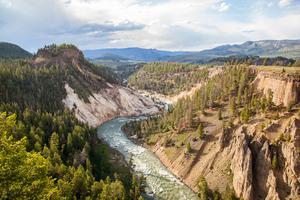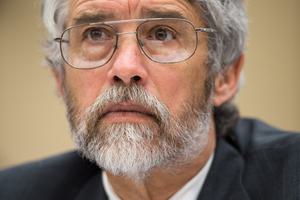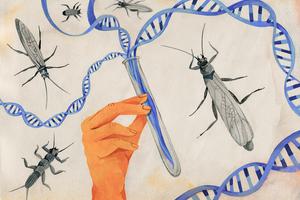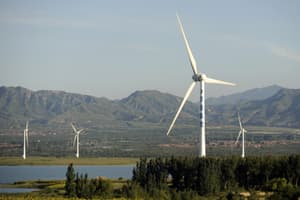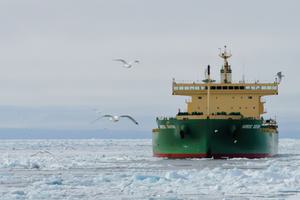Features
-
Climate Consequences
How Warming Is Threatening the Genetic Diversity of Species
-
Climate Politics
With Trump, China Emerges As Global Leader on Climate
-
Full Speed Ahead
Shipping Plans Grow as Arctic Ice Fades
-
African Wetlands Project
Are ‘Blue Carbon’ Projects a Win for the Climate and the People?



